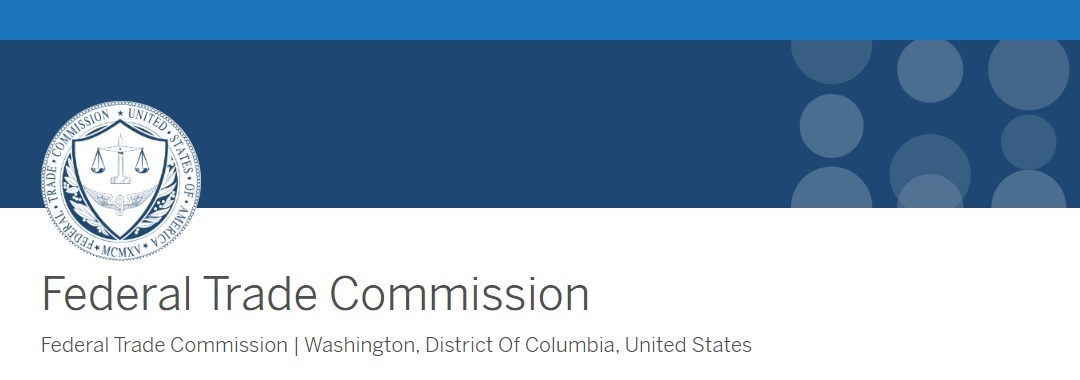US fraud losses top $10bn in 2023, for the first time. Another first is the method scammers reportedly used to reach consumers most commonly in 2023: email.

Newly released Federal Trade Commission data show that consumers reported losing more than $10 billion to fraud in 2023, „marking the first time that fraud losses have reached that benchmark” – according to the press release. This marks a 14% increase over reported losses in 2022.
Consumers reported losing more money to investment scams—more than $4.6 billion—than any other category in 2023. That amount represents a 21% increase over 2022. The second highest reported loss amount came from imposter scams, with losses of nearly $2.7 billion reported. In 2023, consumers reported losing more money to bank transfers and cryptocurrency than all other methods combined.
„Digital tools are making it easier than ever to target hard-working Americans, and we see the effects of that in the data we’re releasing today,” said Samuel Levine, Director of the FTC’s Bureau of Consumer Protection. “The FTC is working hard to take action against those scams.”
The FTC received fraud reports from 2.6 million consumers last year, nearly the same amount as 2022. The most commonly reported scam category was imposter scams, which saw significant increases in reports of both business and government impersonators.
Online shopping issues were the second most commonly reported in the fraud category, followed by prizes, sweepstakes, and lotteries; investment-related reports; and business and job opportunity scams.


Another first is the method scammers reportedly used to reach consumers most commonly in 2023: email. Email displaced text messages, which held the top spot in 2022 after decades of phone calls being the most common. Phone calls are the second most commonly reported contact method for fraud in 2023, followed by text messages.
The FTC’s Consumer Sentinel Network is a database that receives reports directly from consumers, as well as from federal, state, and local law enforcement agencies, the Better Business Bureau, industry members, and non-profit organizations. More than 20 states contribute data to Sentinel.
Sentinel received 5.4 million reports in 2023; these include the fraud reports detailed above, as well as identity theft reports and complaints related to other consumer issues, such as problems with credit bureaus and banks and lenders. In 2023, there were more than 1 million reports of identity theft received through the FTC’s IdentityTheft.gov website.

The FTC uses the reports it receives through the Sentinel network as the starting point for many of its law enforcement investigations, and the agency also shares these reports with approximately 2,800 federal, state, local, and international law enforcement professionals. While the FTC does not intervene in individual complaints, Sentinel reports are a vital part of the agency’s law enforcement mission and also help the FTC to warn consumers and identify fraud trends it is seeing in the data.

A full breakdown of reports received in 2023 is now available on the FTC’s data analysis site at ftc.gov/exploredata. The data dashboards there break down the reports across a number of categories, including by state and metropolitan area, and also provide data from a number of subcategories of fraud reports.
Dariusz Mazurkiewicz – CEO at BLIK Polish Payment Standard
Banking 4.0 – „how was the experience for you”
„To be honest I think that Sinaia, your conference, is much better then Davos.”
Many more interesting quotes in the video below:










